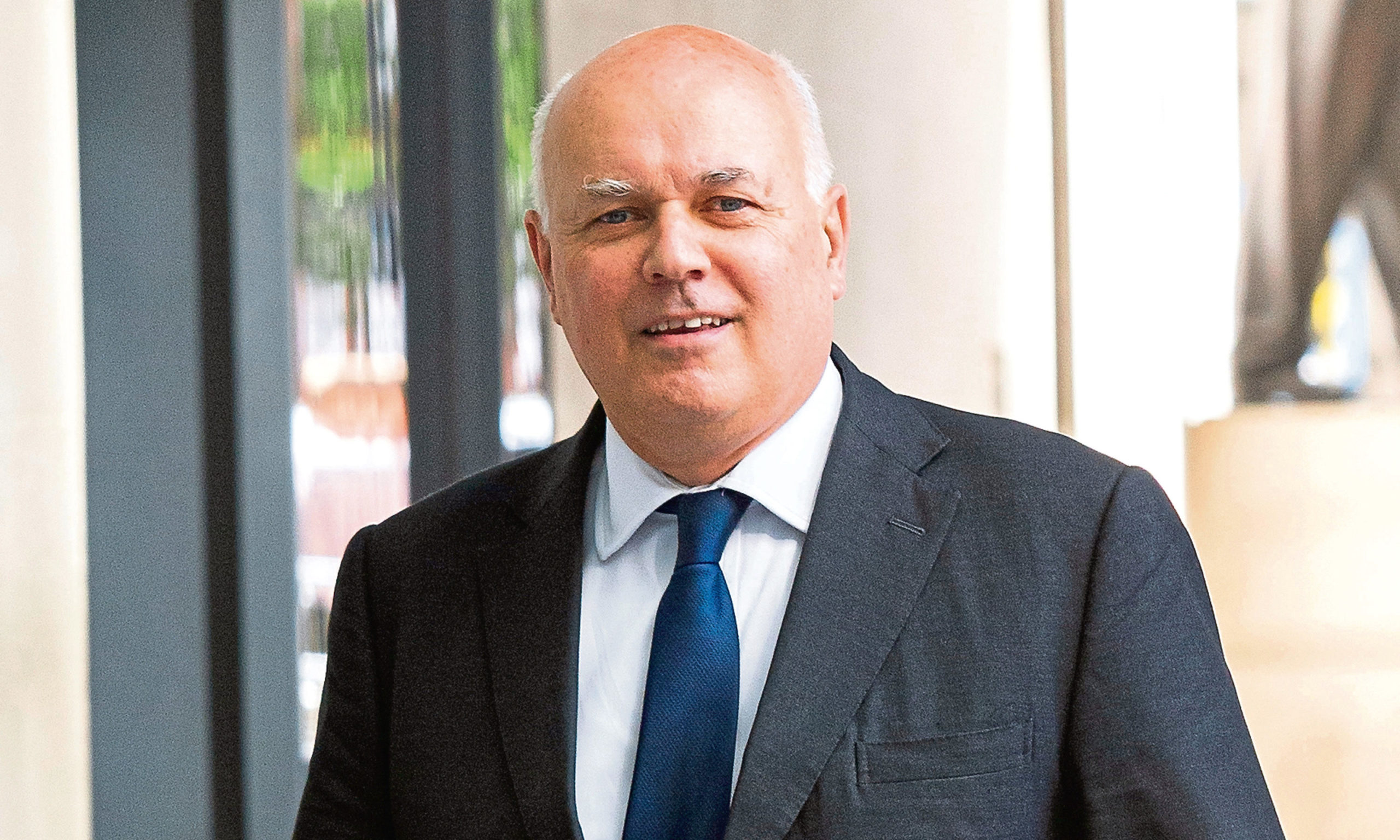While Christmas is a crucial date in the Christian calendar, the resurrection story is the foundational cornerstone of the Christian faith and UK society.
This weekend, large numbers should have been gathering to mark Good Friday, Holy Saturday and Easter Sunday.
These three dates collectively symbolise the life, death and resurrection of Jesus Christ but, for the first time in history, religious places of worship globally will stay silent.
>> Keep up to date with the latest news with Evening Telegraph newsletter
If ever there was a time in history when the message of the resurrection had relevance, it is now.
Mahatma Gandhi described it as a “perfect act”. He said: “A man who was completely innocent offered himself as a sacrifice for the good of others, including his enemies, and became the ransom of the world.”
Last week, I reflected upon our political, economic and social response to the coronavirus pandemic.
This week, let us consider what it might look like to breathe self-sacrificial resurrection into these areas of life.
Firstly, what might a radical political response be to businesses who have acted in an inequitable manner throughout this crisis, such as Wetherspoons and Sports Direct?
They, like other lucrative retailers, benefit from corporation tax cuts.
Perhaps a radical response might be for both governments to legislate that businesses who receive a tax cut are obliged to pay staff the real living wage of £9.30 per hour, instead of the national living wage or minimum wage they both pay.
Resurrection would deliver justice for the employee and the employer.
Secondly, what might a radical economic response be to the one million claimants of Universal Credit who expect to wait several weeks for their first appointment with the Department for Work and Pensions and a further five weeks from that point until their first payment?
Reducing the wait altogether, increasing benefit contributions and lowering the taper rate would lift the floor underneath new claimants.
Not my words, but those of the architect of Universal Credit, Sir Iain Duncan Smith, in the House of Commons on March 19.
Resurrection would reinterpret the elasticity of our safety net.
Thirdly, and finally, what might a radical social response be to the life-saving heroes on the frontline of our health service beyond the commendable solidarity of a weekly clap of gratitude?
Adequate protective equipment and priority testing four months ago would have been a start.
From this point, can we at least ensure the underpaid healers at the coalface, and not the already sustained surgeons and middle management bureaucrats, get a pay rise that reflects the transformative nature of the work they do?
Resurrection would balance the scales between wealth and health.
Almost 500 years ago, during the 16th Century plague in Dundee, George Wishart stood aloft the city walls at the Cowgate, now named after him, and proclaimed the words of Psalm 107:20: “He sent forth his word and healed them.”
As the Scottish and UK daily death toll reaches record heights, more than ever our city and our nation needs resurrection.
In these troubled times, when many people are struggling to get out for their paper, we are pledging to help readers by providing a FREE digital edition of the Evening Telegraph for three months. Click below to register ⬇️
https://www.eveningtelegraph.co.uk/fp/from-the-editor-the-tele-is-on-your-side-thats-why-were-offering-our-epaper-free-for-three-months/?utm_source=twitter


